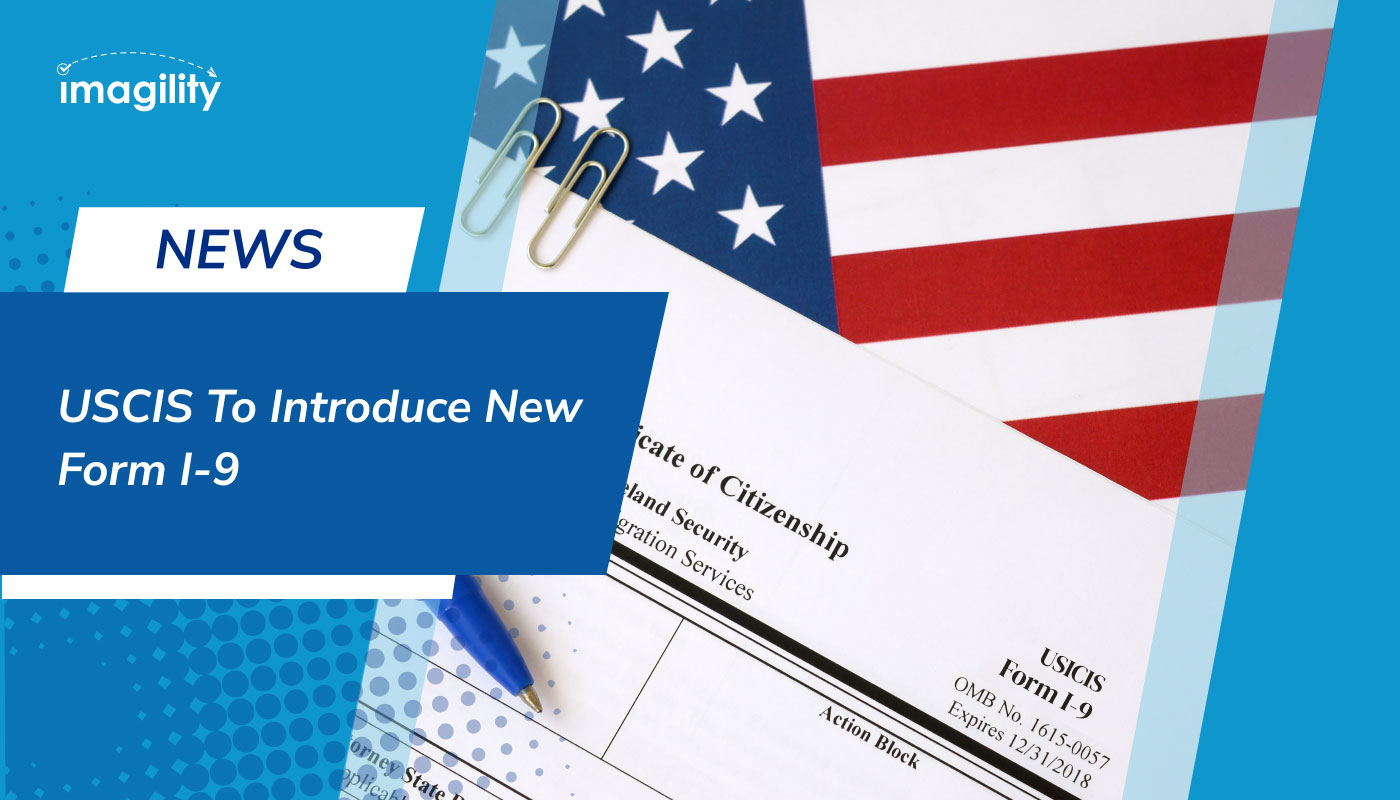In McAllen, Texas, a recent report by the Migration Policy Institute outlines comprehensive suggestions for reforming the U.S. immigration system, with a focus beyond the Southwest border. Titled “Shifting Realities at the U.S.-Mexico Border: Immigration Enforcement and Control in a Fast-Evolving Landscape,” the report addresses factors straining the current border management system and offers recommendations for a more effective approach.
Key recommendations include the establishment of multi-agency border processing centers where federal officials collaborate with non-governmental organizations. This involves agencies like U.S. Customs and Border Protection, U.S. Immigration and Customs Enforcement, U.S. Citizenship and Immigration Services, and Office of Resettlement officers working with certified NGOs and legal service providers to process asylum-seekers.
The report also suggests creating a federal mechanism to direct migrants to interior destinations with available services and capacity, preventing overwhelming situations in cities like New York and Denver. Additionally, investing in technology and personnel for federal agencies, collaborating with Mexico to strengthen enforcement and border cooperation efforts, and developing refugee processing and resettlement programs within the Western Hemisphere are emphasized.
Analysts Ariel G. Ruiz Soto, Colleen Putzel-Kavanaugh, and Doris Meissner highlight the strain on the U.S. border enforcement system due to the volume and diversity of migrant arrivals, stating that the system was not initially designed to handle such challenges.
Homeland Security Secretary Alejandro Mayorkas, during a visit to Eagle Pass, Texas, mentioned the establishment of Safe Mobility Offices in Colombia, Costa Rica, Guatemala, and Ecuador to assist migrants. The report credits the Biden administration with adapting to new challenges but underscores that effective border control requires substantial resource investments beyond CBP.
The study emphasizes shared responsibility and collaboration, not solely through heightened migration controls but also by facilitating access to lawful mobility pathways. Mayorkas, in line with the report, stressed diplomatic efforts with countries like Panama and Mexico to address migration challenges, acknowledging the need for ongoing discussions and collaboration.
Source: Border report















